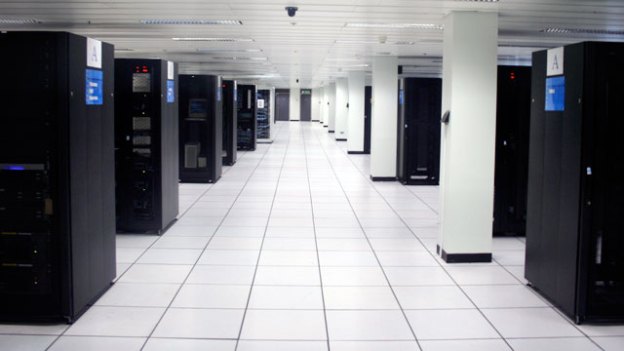
Microsoft knows that the future of computing is in the cloud, and released a paper today that would address some negatives of the cloud computing revolution and turn them into positives. The paper starts out pointing out the similarities between today’s common furnace and water heater to a modern day data server. All three devices are large metal boxes that give off a lot of heat, and Microsoft argues that we can use that heat to warm up our buildings. By using energy that is already going to be used to heat a building, it would negate the power consumption of the data server.

The study touches on several Earth-saving issues, and we think that it is commendable. As of right now it does not seem to be a solution for our energy problems, but it is a step in the right direction. The paper points out that home and office servers can use old, outdated computers and help keep those machines out of landfills. The question of how the data will flow to and from the servers will need to be ironed out, as well as what happens when it’s summer and you don’t want a heater going full time. Those issues are addressed in the paper, but we don’t feel that the solutions provided would truly unlock the potential of this idea.
Editors' Recommendations
- How to keep your Microsoft Teams status active
- Microsoft quits its creepy, emotion-reading A.I.
- Microsoft might be building its own version of the Apple M1 chip for Surface
- Microsoft could launch a cloud PC service next week
- How to use iCloud for backups on your iPhone, iPad, or Mac


